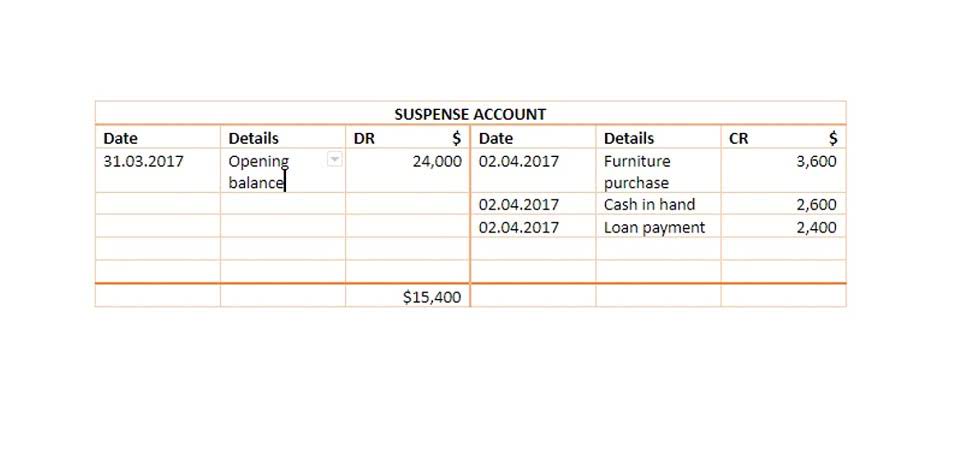
Some 100 countries now require or allow the international standards that the IASB has developed. Thus, insurance contracts are almost inevitable for a smooth life and business. Therefore, it is always advisable to what is insurance expense in accounting incur the insurance expense considering the danger one faces and the requirements against the same.
Insurance Expense Journal Entries

These misstatements can also impact financial ratios used by lenders to evaluate creditworthiness, potentially influencing loan approvals and interest rates. Maintaining accurate insurance expense records is essential for financial reporting and regulatory compliance. Proper documentation ensures all premium payments, coverage details, and policy changes are accounted for in case of audits. Businesses should retain copies of insurance policies, premium invoices, and proof of payment to substantiate deductions and disclosures. Organizing records by policy type, coverage period, and expense category streamlines reporting and prevents discrepancies.

Accounts Receivable Collection Tips for Small Business Owners

Obviously, property insurance covers the building and land that a company owns, as well as whatever is inside. Casualty and liability insurance deals mainly with the company’s workers and anything that may happen to them while they are working. If you use an expense account, the P&L will show a huge loss in one month (from the damage) and then a huge profit in the month that the insurance check is received. I have entered their figures into the free bookkeeping software called Manager so you can see the insurance journal entry in action. The above journal is only used when the business pays for the owner’s personal insurance out of the business bank account.
Which Accounting Method Should Insurance Companies Use?
- Ideally, a set of universal accounting principles would facilitate global capital flows and lower the cost of raising capital.
- When they aren’t used up or expired, these payments show up on an insurance company’s balance sheet.
- Casualty and liability insurance deals mainly with the company’s workers and anything that may happen to them while they are working.
- The actual cost of each policy to the insurer is not known until the end of the policy period (or for some insurance products long after the end of the policy period), when the cost of claims can be calculated with finality.
- Before the 1930s corporate accounting and reporting focused on management and creditors as the end users.
- Life insurance companies generally hold a small percentage of their assets in preferred or common stock.
Insurance expense and insurance payable are two different things, yet they are interrelated. There would be no need for an insurance payable Accounts Receivable Outsourcing account if there were no insurance expense. Insurance expense is the charge that a company takes on for the insurance policy or policies it wants to protect itself and its workers. The agreement is that, as the policyholder, the company pays premiums on the policies. The policies are designed to protect the company – and employees – from anything adverse that might happen. Capital is the account used for showing how much personal money is used by the business owner to pay for business expenses.
- Proper financial management and reporting are important because you are responsible for ensuring that you can pay out policyholders at virtually any point in time.
- Life insurance premiums are considered a personal expense, and therefore not tax deductible.
- This ensures financial statements reflect the cost of maintaining coverage.
- As we scale we need tools that are built to scale with us – we need to see expenses real time, we need to see duplicate spend.
- Having correct insurance accounting principles in place is the first step to a more stable financial future.
- These include protections in adverse situations related to auto, home and health.
- Below is a break down of subject weightings in the FMVA® financial analyst program.
- Insurance expense is a charge a business incurs to protect its operations against adverse commercial or life events.
- To comply with financial and tax regulations, businesses should align recordkeeping with accounting guidelines.
- Premiums are normally paid a full year in advance, but in some cases, they may cover more than 12 months.
- If you find the thought of preparing your business’s taxes on your own overwhelming, consider working with a professional tax preparer to ensure everything goes smoothly.
CFI is on a mission to enable anyone to be a great financial http://jolcar.protectioncargyn.com.br/?p=1531 analyst and have a great career path. In order to help you advance your career, CFI has compiled many resources to assist you along the path. In the meantime, your journals look logical and should make the events clear for anyone to follow. In your bookkeeping software you will enter the full cost shown on the bill at the date of the bill.

Premiums have not been fully “earned” by the insurance company until the policy expires. If a policy is canceled before it expires, part of the original premium payment must be returned to the policyholder. Insurance expense is that amount of expenditure paid to acquire an insurance contract. This expense is incurred for all insurance contracts, including property, liability, and medical insurance.






